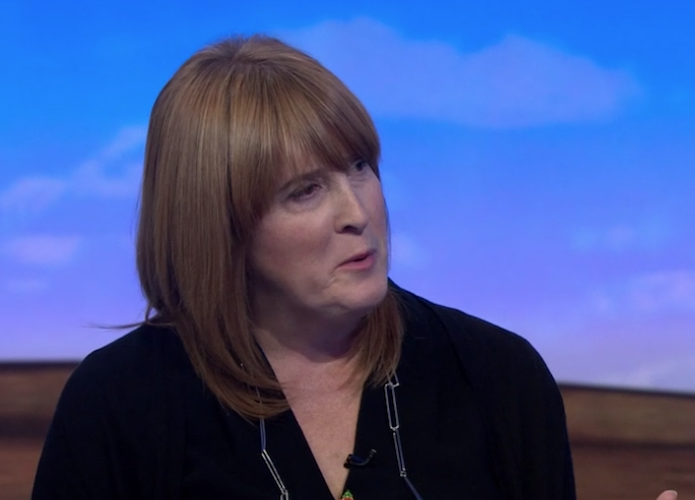A rise in the numbers of children excluded from London schools, many of whom have been “vulnerable from their very early years,” is contributing to an increase in serious youth violence in the capital and elsewhere, according to Croydon Central Labour MP Sarah Jones.
Jones told the Sunday Politics London that a study of 60 cases of young offenders who had committed acts of serious violence showed that “in every single case the child had been excluded from school at some point.”
She argued that the government has made “policy choices” that are “feeding” the problem, which involves greater numbers of children leaving mainstream education and often being sent instead to pupil referral units designed to continue their schooling, initially temporarily, but which in many cases fail to do a good job.
Jones said that some forms of this “alternative provision” are only open for around ten hours a week, raising the question of what pupils excluded from school do with the rest of their time. “You are more likely to be on the streets, you’re more likely to be susceptible to the influences of crime, drugs, knife crime and more likely to be scared, so you’re more likely to carry a knife. These things all escalate.”
The London Assembly education panel recently highlighted that London schools have seen a 26 per cent increase in exclusion rates in the past three years, with three times as many boys excluded than girls and four times as many black Caribbean young Londoners excluded than would be expected from their statistical representation in school communities.
Also on the programme, David Boyle, principal of Dunraven school in Streatham, said his ideal is for no child to be excluded, but that “sometimes there are reasons that put the individual child beyond the remit of mainstream school” and needed to be educated differently, initially at least within the same school, which is the policy at Dunraven. Boyle also said that the increase in exclusions has coincided with curriculum control becoming more centralised and “the reduction in the kind of social care support that lots of these vulnerable young people need the most, including mental health services.”
Kiran Gill, chief executive of The Difference, an organisation dedicated to improving teachers’ skills at helping children with mental health difficulties and lessening exclusions, said that the best pupil referral units “can do an absolutely amazing job of turning peoples’ lives around” especially if effectively tied in with other local agencies, though Mark Field, the Conservative MP for the Cities of London & Westminster, said that in his experience from helping constituents, the units had a reputation problem as “almost a finishing school for gangs and criminality,” from which “there is very little way back.”
View the edition of Sunday Politics London with the school exclusions discussion via here for the next 29 days.

